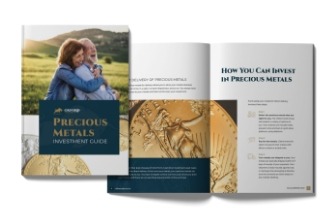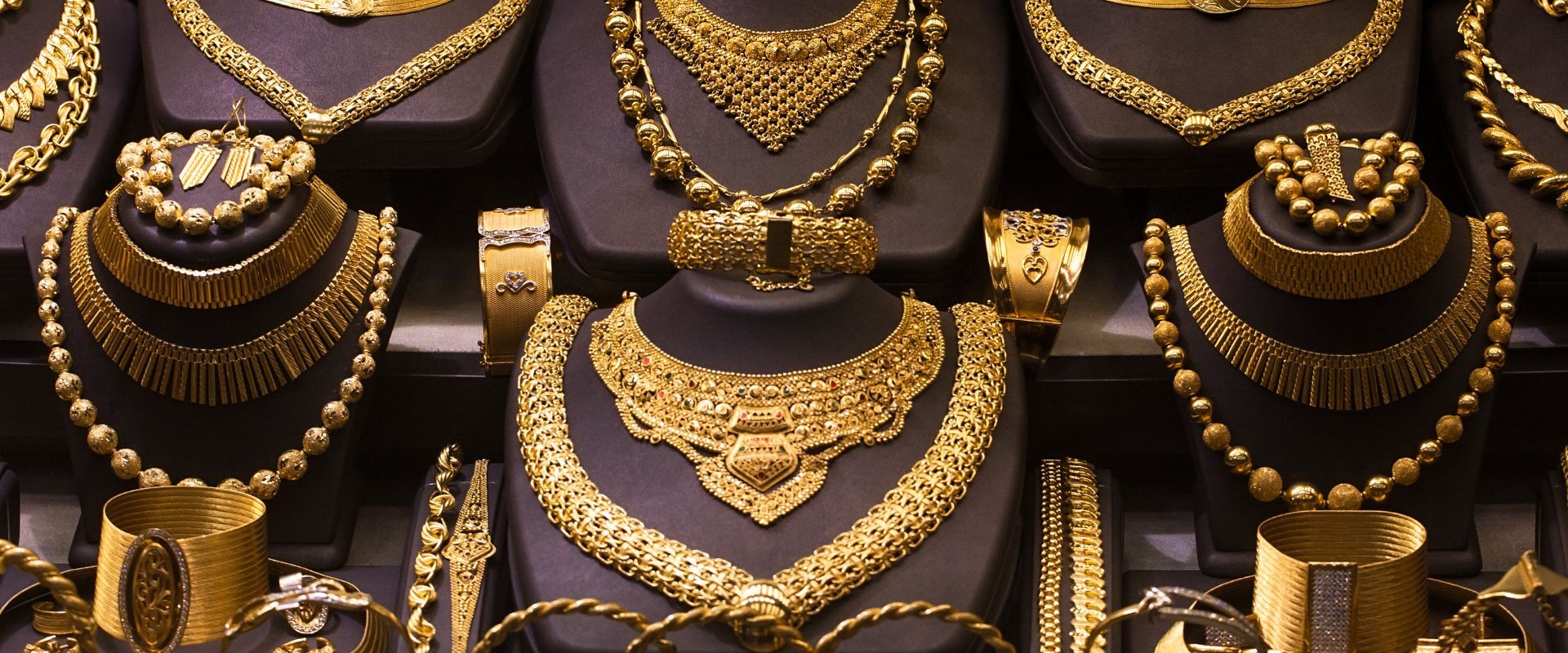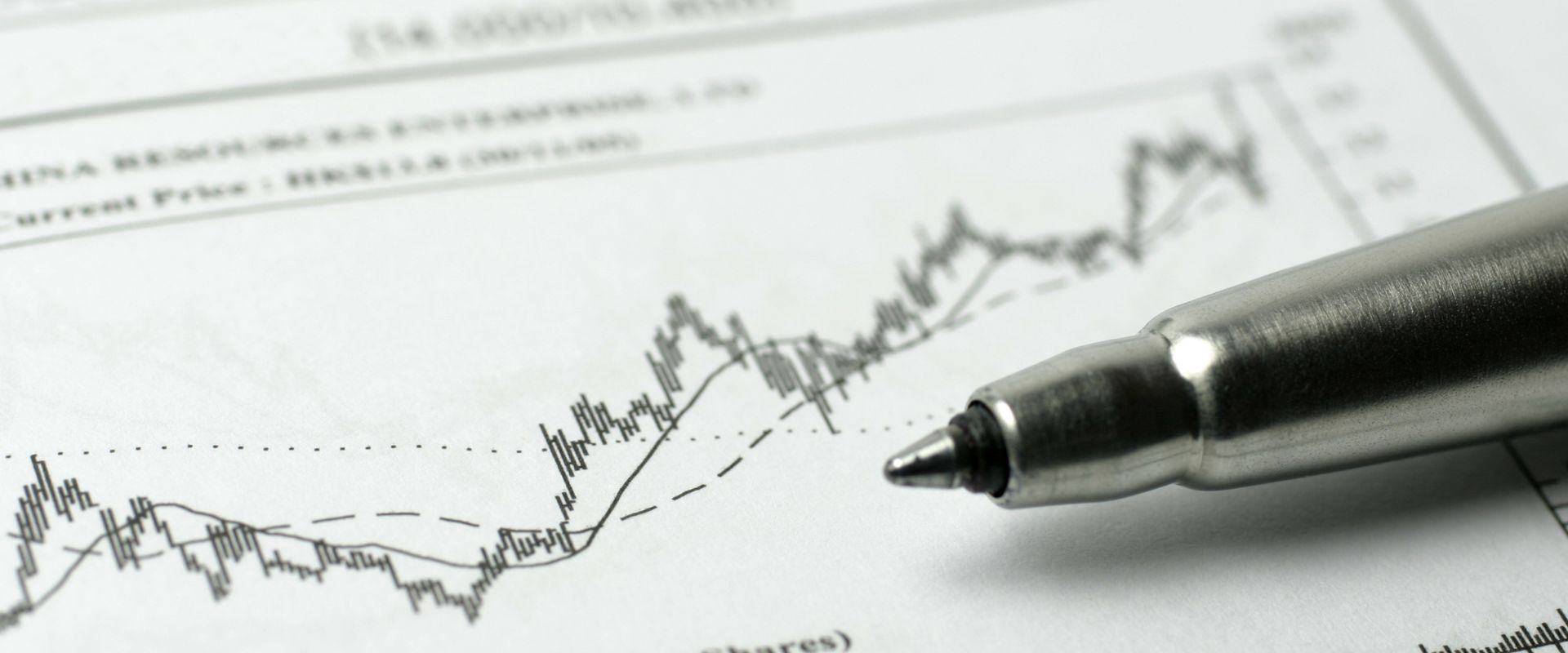Last week’s news headlines showed that Hone Kong was importing far more gold from Russia than in previous years, overtaking Russia’s typical trading partner, Dubai. While this data may have placed the spotlight on Hong Kong, underlying analyses show more lucrative trading practices on Russia’s end. Just a couple of weeks ago, the National Crime Agency in the UK issued an official red alert warning over Russia’s speculative gold trading.
The NCA warned against Russia’s deliberate attempts “to launder sanctioned gold [and] to mask its origin so that it can be hidden in supply chains and sold in the UK and around the world.”
While Western nations have already imposed almost 100 sanctions on Russia, the UK and others believe its increased gold sales show that it’s attempting to avoid the regulations using a loophole. The UK is now the first Western government to issue sanctions that specifically target Russian gold sales following the Ukraine invasion.
Russia’s trading partners are already feeling the effects of their relationship with the lucrative force. The United Arab Emirates is receiving scrutiny for trading gold with Russia, which may explain the recent dip in gold imports between Russia and the UAE.
Following the latest concerns, UAE gold refineries have faced increased regulations on gold supply chain transparency, but the efforts aren’t working. Russian dealers are shipping gold to the UAE and similar locations where sanction regulations do not apply. Then, gold refineries melt the metal down to remove any markers, so buyers do not know the Russian origin.
“Once melted down and recast or refined, the origin cannot be determined by examination, as any hallmarks are lost,” the NCA explained.
According to the NCA, President Putin is using gold to fund war efforts. This gold is moving through nations like the UAE in an untraceable way as Russia trades under the table, ignoring all supply chain requirements.
The world’s center of gold trade and regulations, the London Bullion Market Association, recently banned Russia’s gold trading following the Ukraine invasion. Last year, Russia wasn’t even allowed to attend the Precious Metals Conference. The LBMA also banned any Russian gold bars produced after March 2022 from standard global trade, with numerous Western nations following suit and banning Russian exports following July 2022.
However, these bans did not crush Russian exports; they simply rerouted them. Between 2021 and 2022, Russian exports to the UAE increased by 15 times. Once the UAE began facing scrutiny over its trading habits, Russia simply selected a new partner, increasing its gold trading exports with Hong Kong by 527.1% in 2023.
Some data suggests that Russia’s trading patterns with the UAE could be even higher than we realize. Given the lack of transparency on Russia’s end, this theory is highly plausible.
Despite most of the world’s gold refineries following strict rules from the London Bullion Market Association, none of the UAE’s major refineries are accredited by the LBMA, meaning they do not have to follow any of the regulations. Emirates Gold Refinery, for example, used to be a member, but in July of this year, it lost its status after the committee suspended its certification for dealing with Russia. The UAE also suspended the refinery from its good delivery list after breaking the gold supply chain regulations.
Much of Russia’s gold that gets “washed” in the UAE ends up in China and India, though some still makes its way to the UK and Western nations. While Russian gold cannot be sold as bars in the UK without the proper LBMA certifications, it can be turned into jewelry and other retail products. As a result, Russia enjoys a critical revenue stream, funding its war efforts.
On average, Russia produces over 300 tons of gold each year, with the market worth around £12.6 billion.
“Russia has evolved into a barter-style economy where they are using products from their extractive industries such as oil, gas and metals mining, to pay for the purchase of weapons overseas as well as for consumer goods,” Christopher Swift, a national security lawyer at Foley & Lardner, explained.
While Western nations quickly imposed sanctions on Russia to block revenue streams on oil and gas, the efforts were a bit too slow when blocking precious metals.
Now, organizations are more focused on de-funding Putin’s war efforts by blocking them externally through increased UAE regulations, stricter supply chain laws, and more. Whether these efforts will actually impact Russia’s gold market is unclear, but we do know that improved gold trading laws will offer a positive impact on the industry.








